0 Comments
The Leading Courageously Experience kicked off this week with a cohort of 50 human service professionals. Marcela Sotela and I partnered with Future Services Institute at the University of Minnesota with support from The Kresge Foundation. We are leveraging MURAL as a tool to visualize and capture the story of the 6-week journey and Mighty Networks as an online community platform to cultivate a community of practitioners that extends beyond the program. It truly is amazing to see how technology tools like these, with Zoom, are enabling such rich connection and collaboration to take place in online spaces.
In March 2021, Isadora Collins of Maude Consulting, Steph Jacobs of Trailblazer Leadership, and Jen Mein of Moxxim launched the first Undoing. Being. Becoming. virtual dinner experience. The purpose of the dinner was to create and hold space for people that have commonalities so we could go beyond our virtual existence to grow human-centered connections through engaging, meaningful conversation. It was a small talk detox experience. We wanted everyone to leave the dinner feeling less alone, more connected, and energized by having grown their network in a meaningful way. Here's what attendees had to say:
These are some of my go-to agreements for online engagements. I believe that having some agreements like these allows participants to share responsibility for the well-being and direction of the group and cultivates a brave space. Note that I am not calling these Conversation Guidelines, because the word "guidelines" doesn't evoke that sense of shared responsibility. I also do not call these Ground Rules, because the word "rules" evokes a sense of command and control. I use "agreements" because I invite all to agree to upholding them, generally after there has been some thoughtful review and refinement by the group if they didn't create the agreements themselves.
When you are holding space for people who are going to be in conversations that invite vulnerability and courage, having agreements like these are even more important. And you'll want to spend some time on them too perhaps starting with inviting people to share what they need in order to be brave. Notice, I did not say "safe" because that word evokes a sense of comfort and conversations that invite vulnerability and courage come with some discomfort. Once agreements are made, you can include them in your invitation communications, reminder communications, make them part of your Zoom waiting room customized message, repeat them at the start of gathering, and copy them into the chat before engaging in a dialogue in the large group or before sending people into breakout rooms. Don't just flash them on the screen once and move on. It is helpful to keep them front of mind and remind everyone of their shared responsibility to uphold them. I learn and grow best in communities of practice. This summer, I hung out with these individuals for a couple hours every week for 12 weeks as we worked on transitioning our work or launching new things in the online world. Here are just a few tips we have learned... Moxxim’s Jen Mein joined Jan Keck and others in a conversation about fostering psychological safety, inclusion, and belonging in online experiences. Though not a comprehensive list, here are 10 tips from Jen. Please share in the comments what you do as a host to ensure people feel welcomed and like they belong. Or share what you have experienced as a participant to feel that way.
This post is part of a collaborative series of reflections on doing systems change work. Read the other posts in this series by Isadora Collins of Maude Consulting and Steph Jacobs of Trailblazer Leadership. When I reflect back on my experiences that have shaped how I view change, I remember hearing the Serenity Prayer as a young person:
God, grant me the serenity to accept the things I cannot change, the courage to change the things I can, and the wisdom to know the difference. More recently, I have come across this quote from Angela Davis: I’m no longer accepting the things I cannot change. I’m changing the things I cannot accept. What I notice in both of these influential perspectives is the power of self within change. To have courage to change what I cannot accept. To boldly step in and step up in a change effort. I find that acceptance comes a little slower for me these days, but it is a helpful practice when a desired change feels slow or wrought with complexity. It takes resiliency to face that kind of change. I also believe there are times in my life when I knew I did not have the energy or know-how to step in and step up so I stepped back or stepped out of a change, for better or for worse. I have been fortunate over the past decade to be involved in systems change work. This often means there has been some acknowledgement that the way things are being done no longer, or never have, served the needs of those who connect to the system, whether that be around technology, social services, or long-standing institutions. I have witnessed the compassion, courage, and commitment humans who care for other humans are capable of and I am deeply grateful for that experience. Systems change work is humbling and complex work. Change in systems often requires a change within self. This requires us to see ourselves as part of the systems we are trying to change. That can be challenging to do sometimes. That is why my colleagues and I created the Systems Simulation. To provide an opportunity for individuals to experience being part of a system and to reflect on what shows up in the room and in themselves. There are so many behaviors that show up when we facilitate The Systems Simulation. One that has always fascinated me is when a group of strangers seem to quickly build a sense of team identity and loyalty to each other. In the beginning, a small group works together to complete a challenge. Then, the next challenge they are faced with requires that they work with others in the room (the system). In the transition between those moments, some teams begin to compete with the other groups in the room. Especially if the team is one of the first to complete the initial challenge, there is often a sense of team pride and a spark of competition is lit in the system. The last challenge involves the creation of a collective piece and some of the teams interpret “collective” as their group and not the whole. There is no right or wrong in this choice, but often, there is that conscious choice. Sometimes choosing not to participate is an act of resistance or a way to practice self care. Consider what that looks like in a system change effort. How often do we isolate ourselves or narrow our focus such that we miss seeing the whole system and the impact we have on it? I believe that is actually a very common experience. A system is like a rubber band. It takes conscious awareness and effort to change its shape and without that, it quickly goes back to the way it was. The more complex the change or entrenched the system, the more difficult it is to make change. Yet, change is possible. We are often holding two systems - our current way of being shaped by our past and our emerging way of being based on an unknown future. This is a space of presence. To stand in this moment and reflect on the changes you are experiencing or want to make. How does courage and acceptance play in that change? How will you choose to show up to consciously impact the systems you are in to make change? |
Archives
April 2022
Categories |

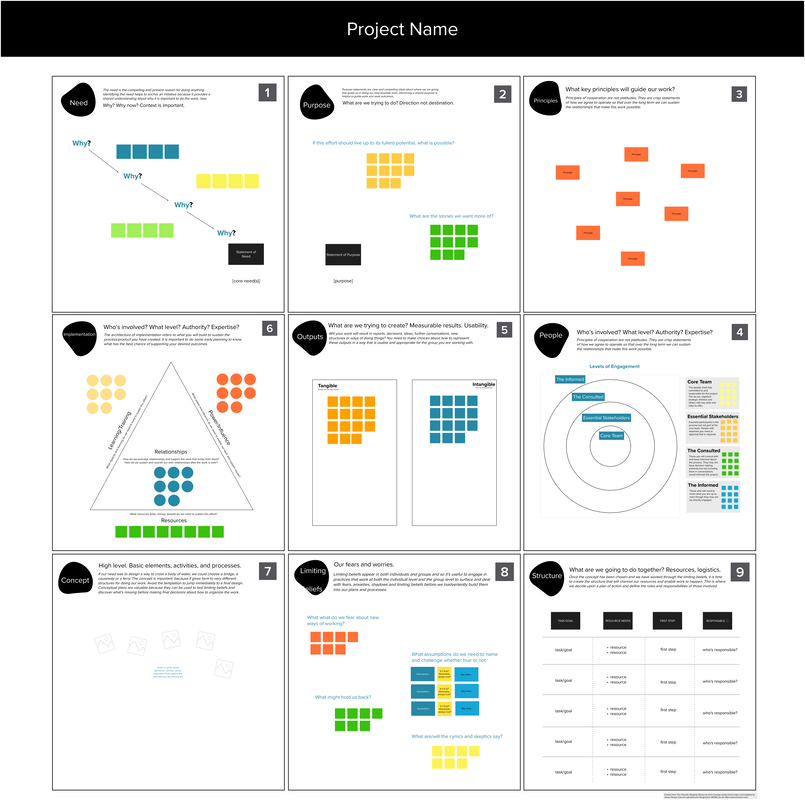
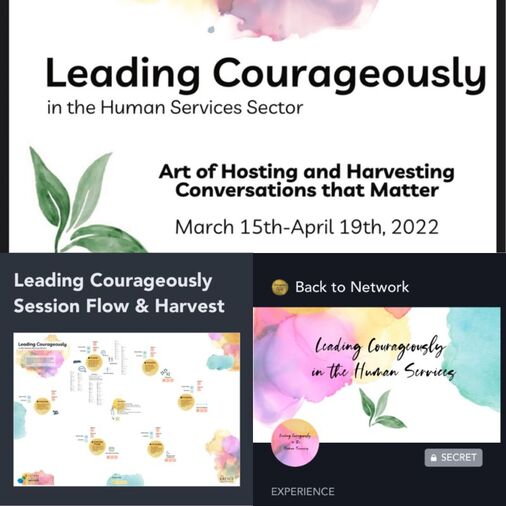
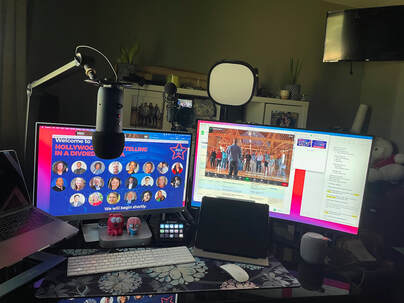
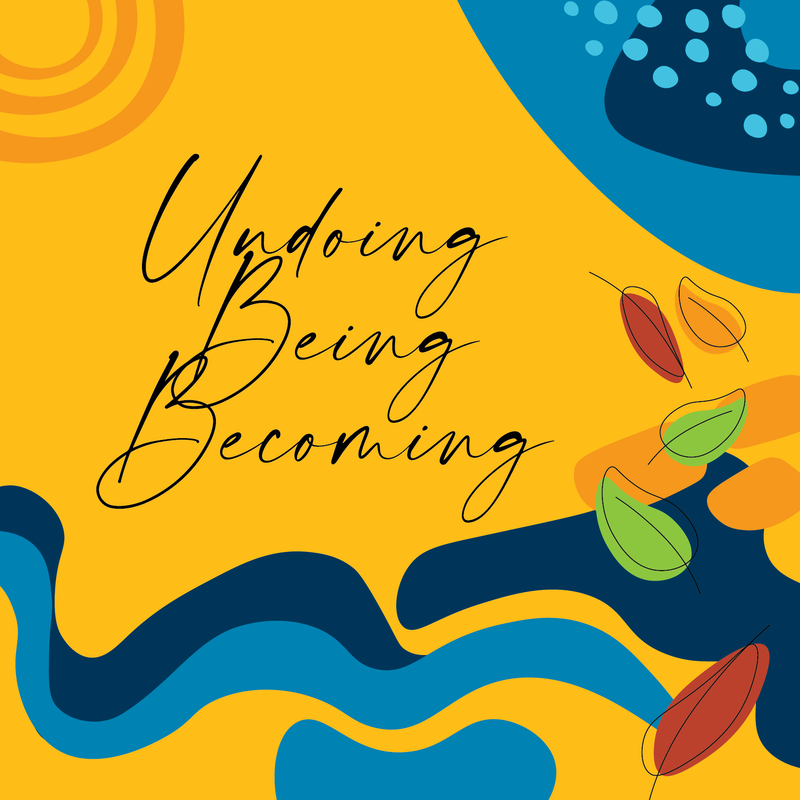
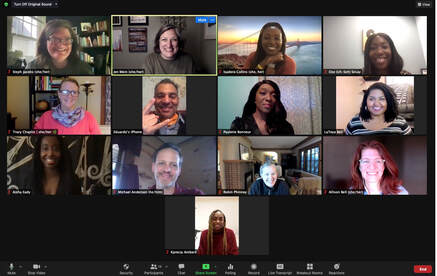
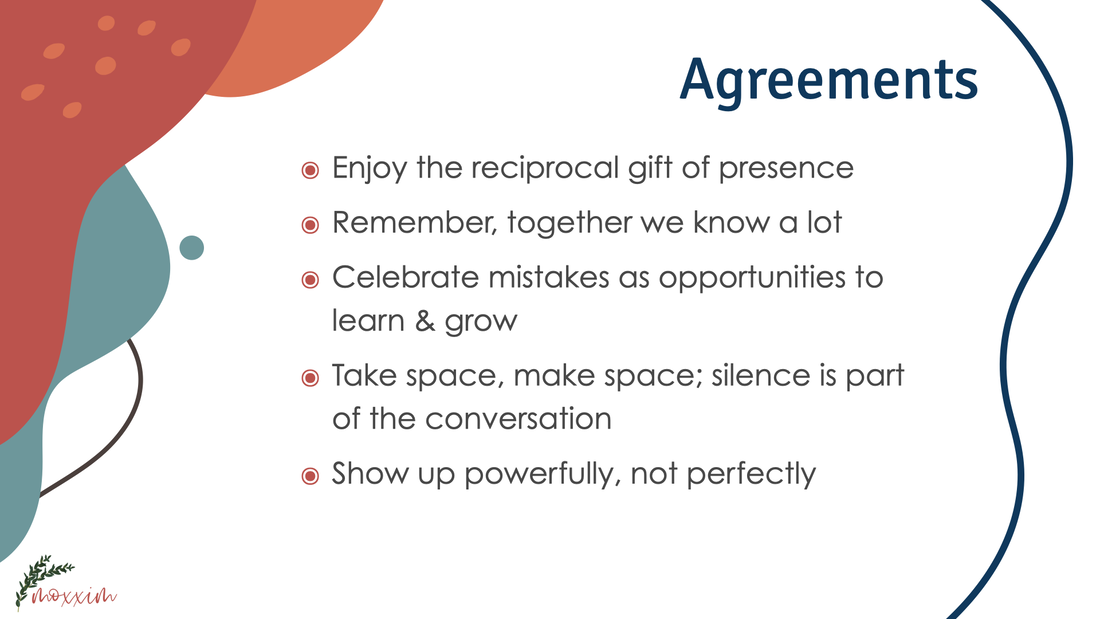
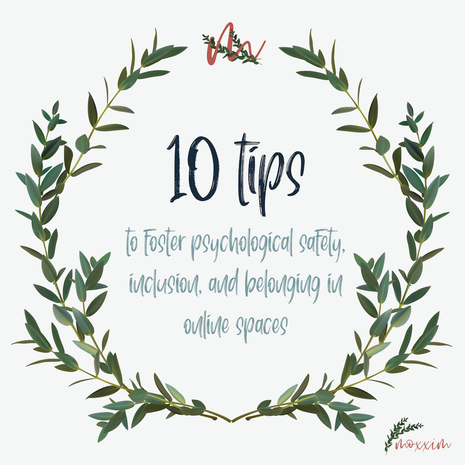
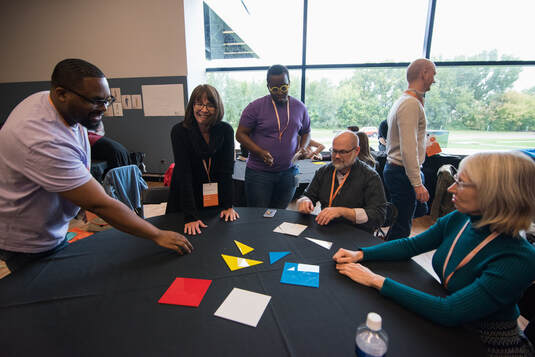
 RSS Feed
RSS Feed
